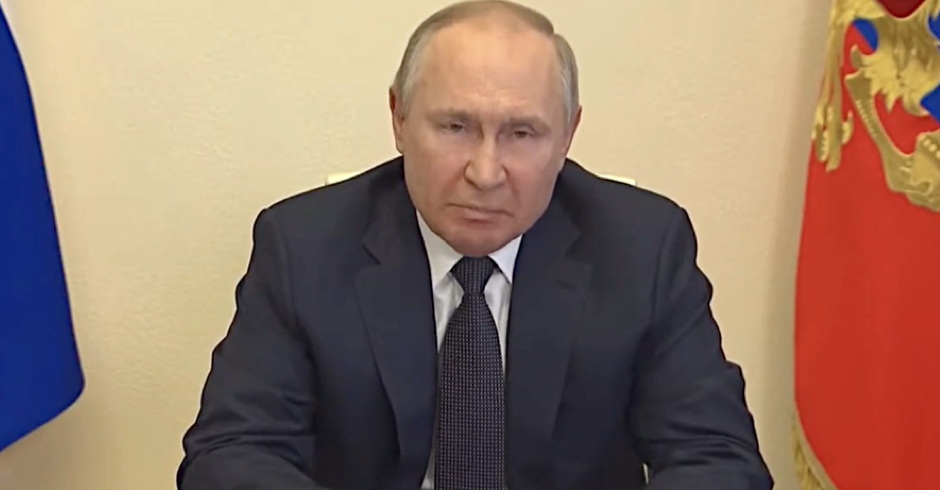[ad_1]
The Russian military has established 10 torture sites in the eastern city of Izium, Ukraine, the Associated Press (AP) reported. Torture is a war crime under the Geneva Conventions.
Eight men died killed under torture in Russian custody, the AP wrote. All but one were civilians.
Russian forces captured Andriy Kotsar, tied him up, and threw him for several days in a trench covered with wooden boards. They beat his legs and arms and smashed his knees with a hammer. They then took his ID and passport so that he would find it hard to prove his identity, get help, or escape.
Russian forces captured him two more times after that. The torture was worse both times, Kotsar said.
“Russian torture in Izium was arbitrary, widespread, and absolutely routine for both civilians and soldiers throughout the city,” the Associated Press investigation found. The torture included waterboarding and electrocution, among other pain-inducing methods.
Mykola Mosyaky, a 38-year-old Ukrainian soldier, was handcuffed, thrown in a pit of dirty water, and hung by the wrists until his skin went numb.
“They beat me with sticks. They hit me with their hands, they kicked me, they put out cigarettes on me, they pressed matches on me,” he stated. “They said, ‘Dance,’ but I did not dance. So they shot my feet.”
Dr. Yuriy Kuznetsov, an emergency room physician in Izium, said that Ukrainians are showing up to his hospital with torture-related injuries, including “gunshots to their hands and feet, broken bones and severe bruising, and burns.” The victims never say how they got their injuries, worried about retaliation if they do.
A father and son who were both tortured said they could hear women’s screams every night as Russian soldiers raped them in a nearby garage.
Russians showed one local woman the body of her battered, unconscious soldier husband, pressuring her to provide information that she knew nothing about.
At least 30 bodies taken from a mass grave in the city showed “visible marks of torture,” including “bound hands, close gunshot wounds, knife wounds, and broken limbs.”
“[Torture] serves three purposes,” said Rachel Denber of Human Rights Watch. “Torture came with questions to coerce information, but it is also to punish and to sow fear. It is to send a chilling message to everyone else.”
On September 30, Russia held sham referendums in the eastern Ukrainian territories of Luhansk, Donetsk, Zaporizhzhia, and Kherson. While the referendums sought to cede the territories to Russia, their outcomes were pre-determined by Russia as a way to basically lay claim to the territories.
The U.S. called the referendums illegal and also authorized an additional $12 billion in military aid to Ukraine.
[ad_2]




